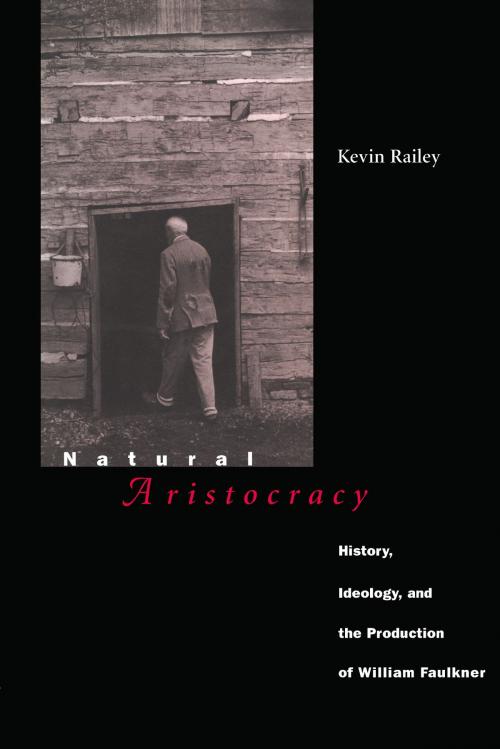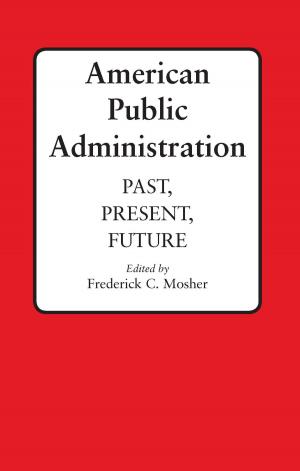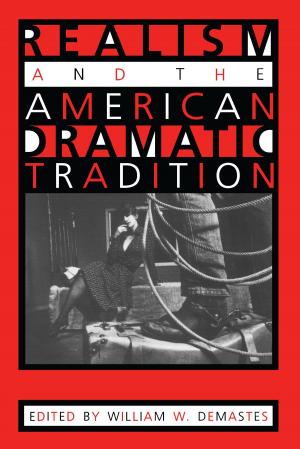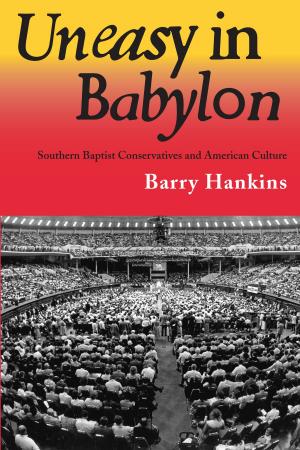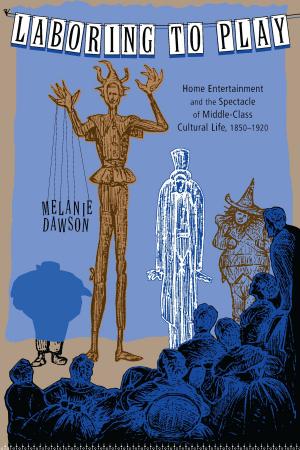Natural Aristocracy
History, Ideology, and the Production of William Faulkner
Fiction & Literature, Literary Theory & Criticism, American| Author: | Kevin Railey | ISBN: | 9780817386351 |
| Publisher: | University of Alabama Press | Publication: | July 15, 2013 |
| Imprint: | University Alabama Press | Language: | English |
| Author: | Kevin Railey |
| ISBN: | 9780817386351 |
| Publisher: | University of Alabama Press |
| Publication: | July 15, 2013 |
| Imprint: | University Alabama Press |
| Language: | English |
Kevin Railey uses a materialist critical approach--which envisions literature as a discourse necessarily interactive with other forces in the world--to identify and historicize Faulkner’s authorial identity. Working from the assumption that Faulkner was deeply affected by the sociohistorical forces that surrounded his life, Railey explores the interrelationships between American history and Faulkner’s fiction, between southern history and Faulkner’s subjectivity. Railey argues that Faulkner’s obsession with history and his struggle with specific ideologies affecting southern society and his family guided his development as an artist, influencing and overdetermining characterizations and narrative structures as well as the social vision manifest in his work. By seeing Faulkner the artist and Faulkner the man as one and the same, Railey concludes that the celebrated author wrote himself into history in a way that satisfied the image he had of himself as a natural, artistic aristocrat, based on the notion of natural aristocracy.
After examining two prevailing and opposing ideologies in the South of Faulkner’s lifetime--paternalism and liberalism--Railey shows how Faulkner’s working-through of his identifications with these forces helped develop his values and perceptions as an artist and individual. Railey reads Faulkner’s fiction as exploring social concerns about the demise of paternalism, questions of leadership within liberalism, and doubts about both an aristocracy of heritage and one of wealth. This reading of The Sound and the Fury, As I Lay Dying, Sanctuary, Light in August, Absalom, Absalom!, the Snopes trilogy and The Reivers details Faulkner’s explorations of various manifestations of paternalism and liberalism and the intense conflict between them, as well as his attempts to resolve that conflict.
Providing new insights into the full range of Faulkner’s fiction, Natural Aristocracy is the first systematic materialist critique of the author and his world.
Kevin Railey uses a materialist critical approach--which envisions literature as a discourse necessarily interactive with other forces in the world--to identify and historicize Faulkner’s authorial identity. Working from the assumption that Faulkner was deeply affected by the sociohistorical forces that surrounded his life, Railey explores the interrelationships between American history and Faulkner’s fiction, between southern history and Faulkner’s subjectivity. Railey argues that Faulkner’s obsession with history and his struggle with specific ideologies affecting southern society and his family guided his development as an artist, influencing and overdetermining characterizations and narrative structures as well as the social vision manifest in his work. By seeing Faulkner the artist and Faulkner the man as one and the same, Railey concludes that the celebrated author wrote himself into history in a way that satisfied the image he had of himself as a natural, artistic aristocrat, based on the notion of natural aristocracy.
After examining two prevailing and opposing ideologies in the South of Faulkner’s lifetime--paternalism and liberalism--Railey shows how Faulkner’s working-through of his identifications with these forces helped develop his values and perceptions as an artist and individual. Railey reads Faulkner’s fiction as exploring social concerns about the demise of paternalism, questions of leadership within liberalism, and doubts about both an aristocracy of heritage and one of wealth. This reading of The Sound and the Fury, As I Lay Dying, Sanctuary, Light in August, Absalom, Absalom!, the Snopes trilogy and The Reivers details Faulkner’s explorations of various manifestations of paternalism and liberalism and the intense conflict between them, as well as his attempts to resolve that conflict.
Providing new insights into the full range of Faulkner’s fiction, Natural Aristocracy is the first systematic materialist critique of the author and his world.
